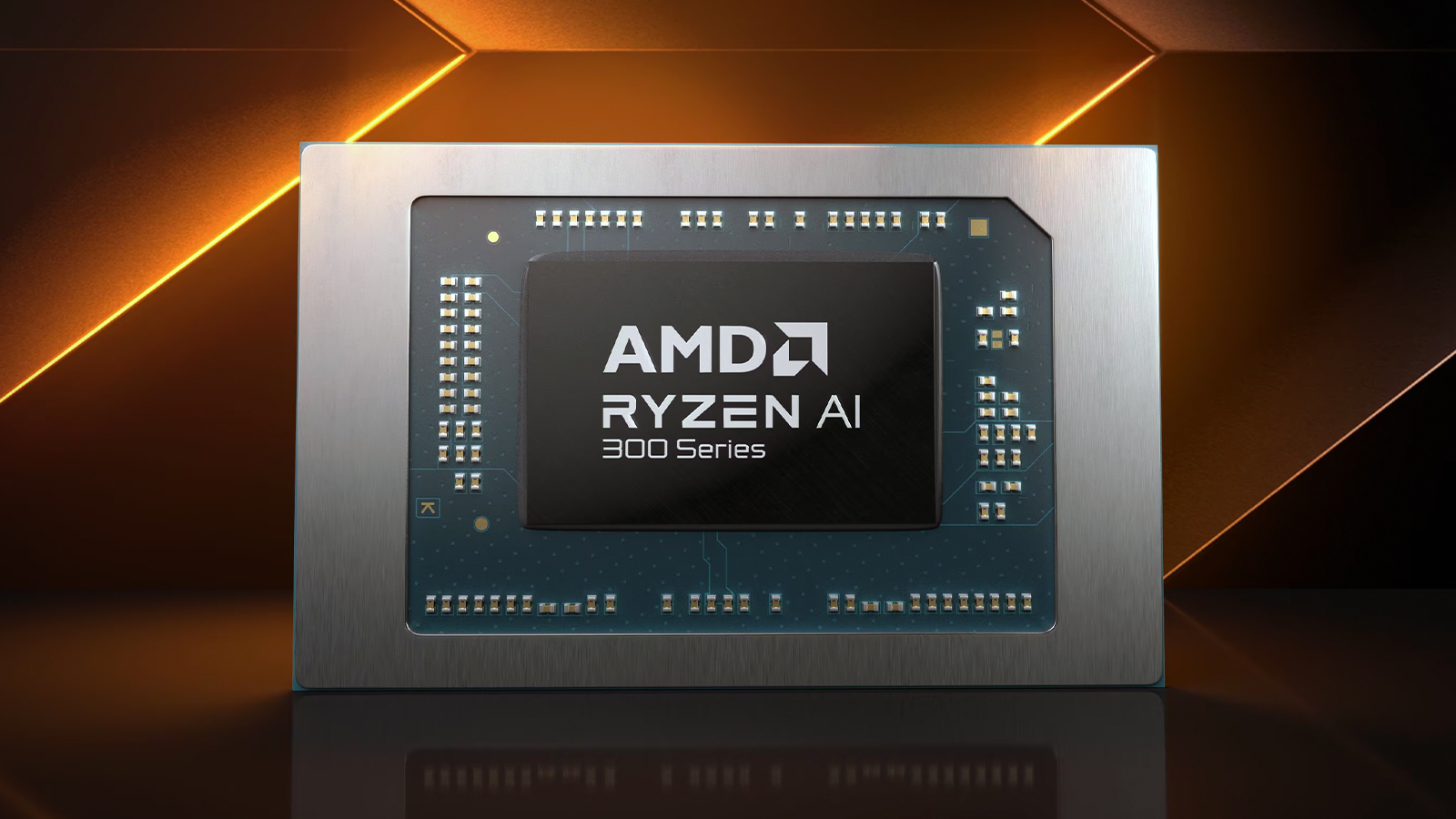
AMD is expected to launch the Ryzen AI 300 (Strix Point) CPUs on July 28, and reviewers are likely to conduct their final benchmark tests on laptops sporting these chips. One test, shared by hardware detective HXL, showed results for the Ryzen AI 9 HX 370 installed on an Asus ProArt P16. The tested laptop runs Windows 11 Home on the Standard power plan with 32GB of RAM.
The Geekbench 6 test returned a 2,879 single-core and 14,888 multi-core score, giving it a higher single-core score than the previous generation AMD Ryzen 9 7945HX3D and putting it close to the Intel Core i7-13700KF. However, its multi-core score is still almost 2,000 points behind the former and 3,000 points behind the latter. Nevertheless, this is the highest result, so far, that the chip clocked on Geekbench compared to previous test runs.
Here’s how the AMD Ryzen AI 9 HX 370 compares with comparable chips. We will also include Geekbench leaks for Intel’s upcoming Lunar Lake chips to compare them. Treat the results with a pinch of salt since neither Strix Point nor Lunar Lake has launched, and these are leaked benchmarks.
The AMD Ryzen AI 9 HX 370 beats all the other chips in terms of single-core score, but it’s still outclassed by the previous-generation Ryzen 9 7945HX3D in terms of multi-core performance, owing to the four extra cores and eight extra threads on the older chip. Nevertheless, the defining feature of the Ryzen AI 9 HX 370 is its built-in NPU, which allows it to reach up to 50 TOPS.
However, even if it has more than the minimum requirement to get Microsoft’s Copilot+ PC branding, it won’t get those features at launch. Nevertheless, AMD confirmed that Copilot+ features will arrive later this year via a free Windows Update.
These numbers seem promising for AMD’s latest generation of laptop processors. However, these numbers mean nothing without actual real-world results. So, it’s always wise to wait for theoretical and practical benchmarks from reviewers after the laptop has hit store shelves. That way, you’re sure that the devices being tested are randomly picked from the retail stack and that you’re not looking at the results from cherry-picked devices that won the silicon lottery.







